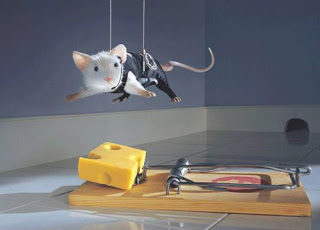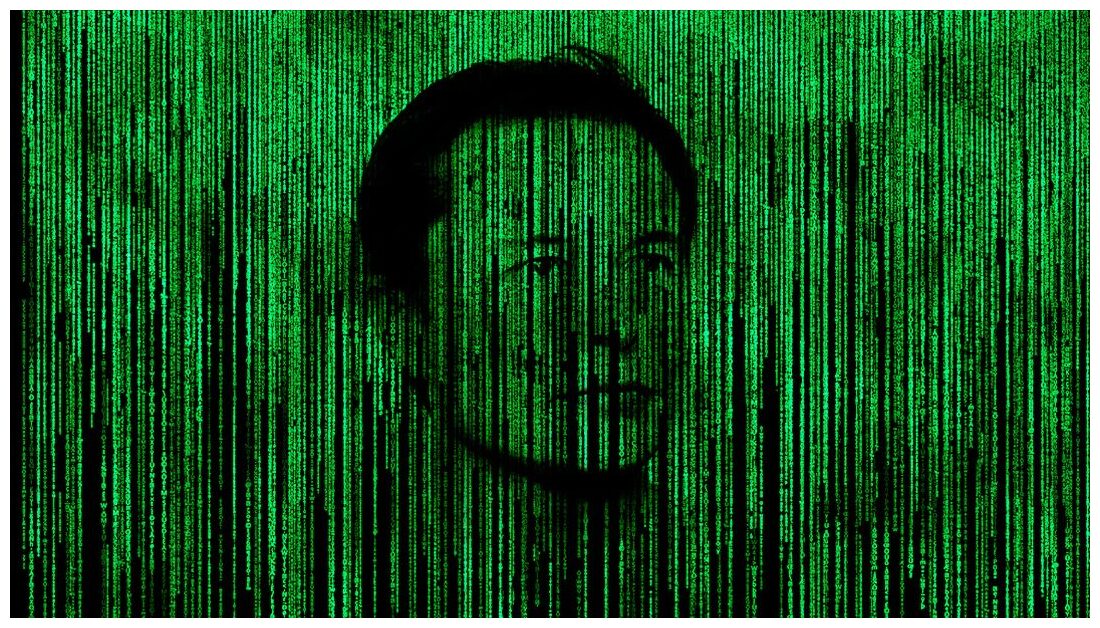For some perspective, here's what a future historian might say about all that:
The Strange Case of Elon Musk
Prof. Dr. Heinrich Strommson, Center for Late Empire Studies
It is very difficult for us today to imagine what people thought and how, as a consequence, they acted during the Age of Cringe, as many scholars like to refer to the final days of the Empire. Nonetheless, it is paramount to try, if we hope one day to understand the genesis of the Big Crunch and the birth of our own epoch. In this paper, I would like to present an interesting case study, concerning an individual called Elon Musk, who apparently was a household name during the period in question.
During the reign of Brandon The Sniffer (for an overview of the different theories about the possible origin and meaning of this name, see Schloenhaus 2081), there lived an individual called Elon Musk who quickly rose to fame. Now Musk, it must be said, commanded vast resources; and it is very hard from today's perspective to fathom his relative richness: so rich was he, compared to the average man, that he could have fed, sheltered and provided agricultural land for every family then living on earth, times one-hundred.
How he became so rich has recently been established by this author. Apparently, during that period, the aristocracy believed they could create gold with imaginary ideas. They would dream up the future of an enterprise, and based on that dream, other members of the aristocracy would buy from them so-called shares; and because the next-lower classes followed the aristocracy, they would buy, too, and so everybody thought the shares are worth a lot of gold. Based on that belief alone, the aristocracy could then convince everybody else to give them vast estates and influence over every walk of life.
The particular imaginary idea of Elon Musk is worth considering in some detail, for it brings out the phenomenon that has become known to scholars as Triple-Hyper-Cringe (THC), a form of deep delusion so incomprehensible and confusing to us that even hard-nosed researchers can only look at its effect for short periods of time. It appears that during those years, a sort of magical belief had spread, namely that the prevalent form of transportation back then, based on cheap and reliable oil, would lead to a planet-wide apocalypse. People were so afraid of this vehicle-apocalypse that Musk could convince them to replace their reliable means of transportation with a new technology that was neither sustainable nor scalable, and inferior to the old technology in almost every way. Given the complete panic in the populace, fellow members of the aristocracy found Musk's particular "imaginary idea" very interesting, and helped him hype up his enterprise so that eventually, a new cult formed around Musk and the idea of his vehicles. His followers apparently showed their allegiance by wearing only green clothes. (It has recently been suggested by one of my colleagues that the so-called "green movement" didn't actually dress exclusively in green, and that the word green has been used more broadly; but I tend to follow the more conservative theory of a "Green Magic Cult" that enforced a green dress code, among other symbols of identification.)
Now, strange as it seems to the modern observer, during the Age of Cringe, people used to communicate almost exclusively in ultra-short text snippets, via a form of electronic post service that came to be very influential. Apparently, the main use of this service was to broadcast one's particular form of delusion and complete detachment from anything resembling reality, and getting socially rewarded and even paid according to one's level of insanity. (A recent analysis of the trove of one million messages found in the Cauliflower Ruins suggests a staggering average of 9.7/10 on the Standard-Delusion-Index.) They called these text snippets "Tweets". Various scholars quite convincingly argue that the word has its origin in the fact that the users of this service were so deluded that they actually believed they were birds. This hypothesis is supported by evidence of a variety of popular bird colors used by those so-deluded, the most popular ones being rainbow-color and yellow-blue.
In any case, this Elon Musk had a problem with this strange universe of short messages, for while he relied on people's magical belief in the vehicle-apocalypse, his particular flavor of delusion was incompatible with other popular delusions during that time, such as the idea that it is good for progress if everyone believes that people are dying from a raging deadly pandemic when in fact hardly anybody was dying from it, which led to a form of lynching-by-Tweet phenomenon where those birds who didn't share this particular delusion were labelled as "anti-progress". So Musk set out to take control of the structure behind those text messages, using the imaginary worth of his own enterprise to buy the imaginary worth of the text message service. Although as historians, we shouldn't project our own values on a different age, especially one so incomprehensible and delusional as the Age of Cringe, this author cannot help but think that had Musk succeeded, at least a few of the delusions could have been stopped from festering. Then again, at that point, the world was well on its way towards the Big Crunch and scholars tend to agree that the outcome was inevitable and had been for a long time.
Alas, this discussion is merely of philosophical interest; what happened was that the majority of the aristocracy, and the majority of the populace with it, were in favor of the all-delusional-Cringe-war in a race towards total detachment from reality, and for some bizarre reason, whose investigation might be a good PhD project, were particularly married to the pandemic-delusion; and so they found easy ways to stop Elon Musk. The message-service with its orange-blue and rainbow-colored birds continued unhinged on its inevitable progression, playing its part in bringing the world to doom. It was only a short time afterwards when the Big Crunch happened and the transitional period, called the era of de-delusion, began...



